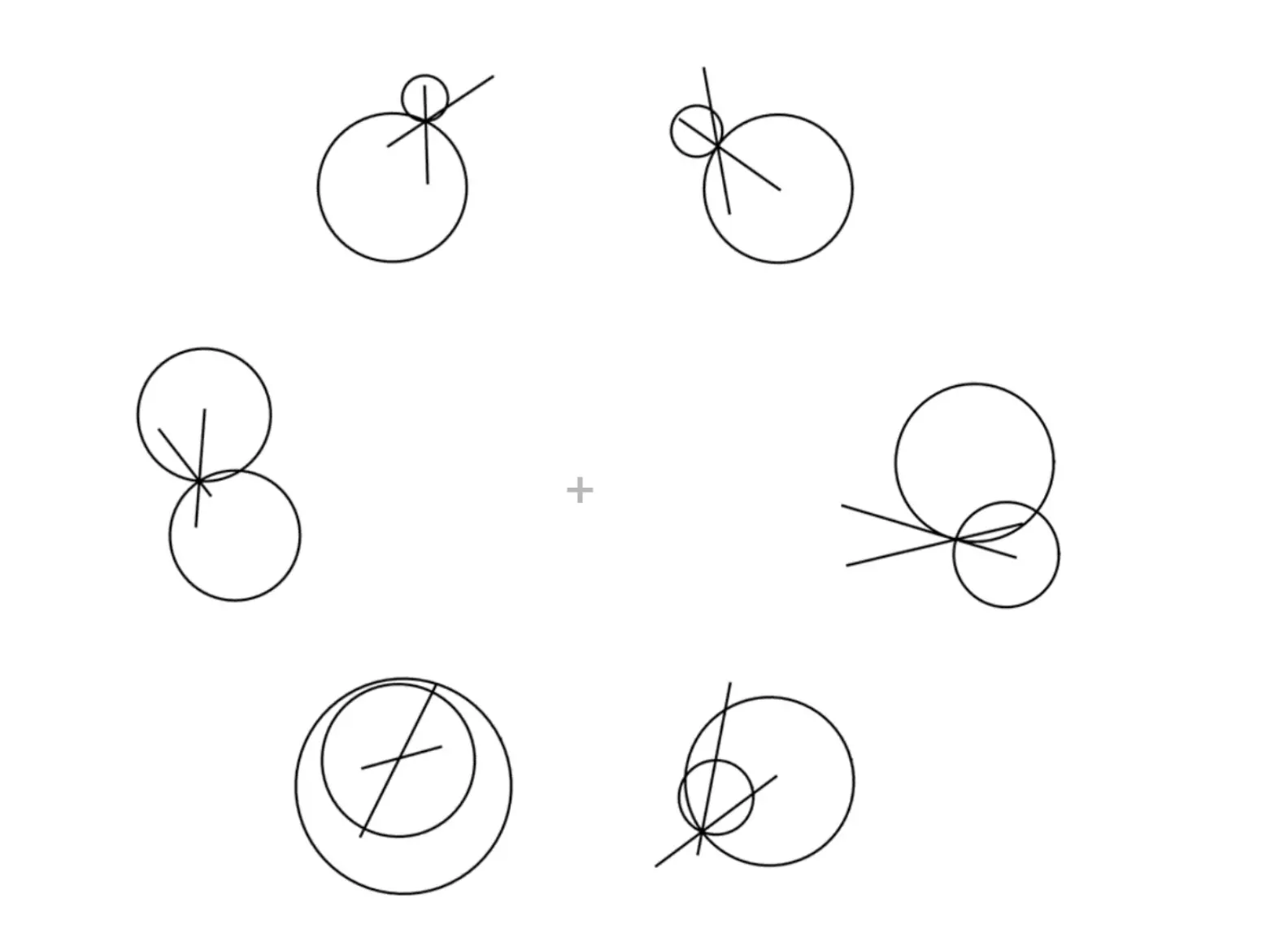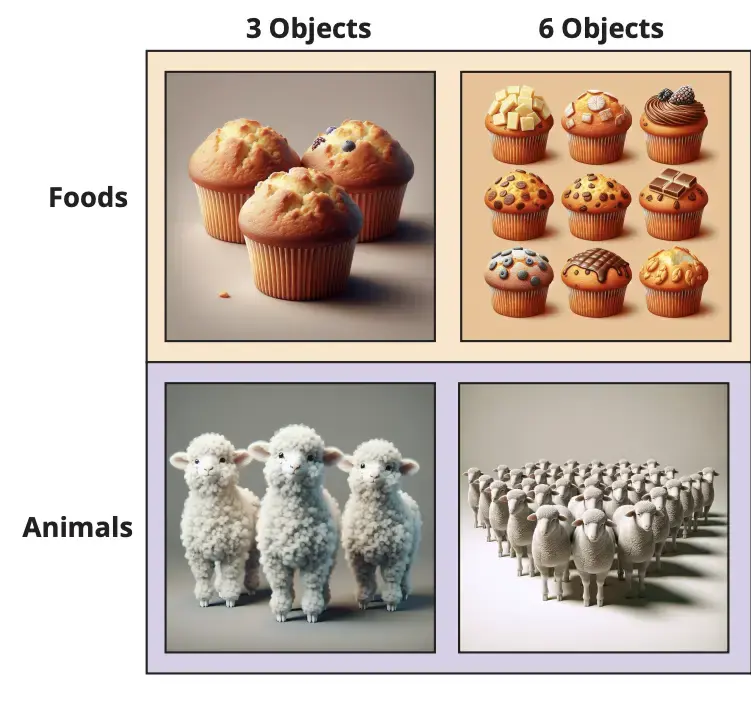Kia Ghods
cs + math @ princeton

kia.ghods [at] princeton (dot) edu
i am a junior at princeton, studying cs + math.
some things i work on :
-
language modeling, dynamical systems, spectral transformers @ hazan minregret lab, in collaboration with google deepmind princeton, advised by prof. elad hazan
-
in-context learning, mech interp of llms and vlms @ princeton language and intelligence, advised by profs. jon cohen, tom griffiths
-
$\nabla$ gradient
-
co-pres. of our acm chapter, helping host a few machine learning reading groups (e.g., princeton ai alignment group)
prev: interned at hillspire; worked at early-stage startups (e.g., astralis)
contact: [x] at princeton dot edu where [x] = kia.ghods
latest posts
| Jun 25, 2025 | Equivariance and Symmetry behind Neural Networks |
|---|

